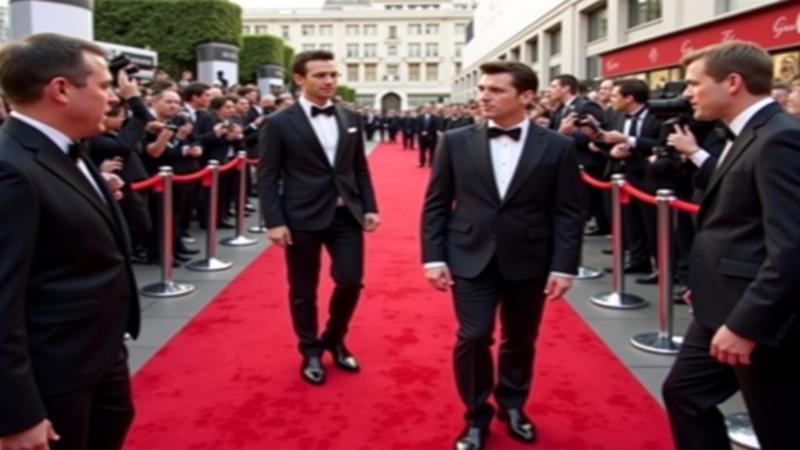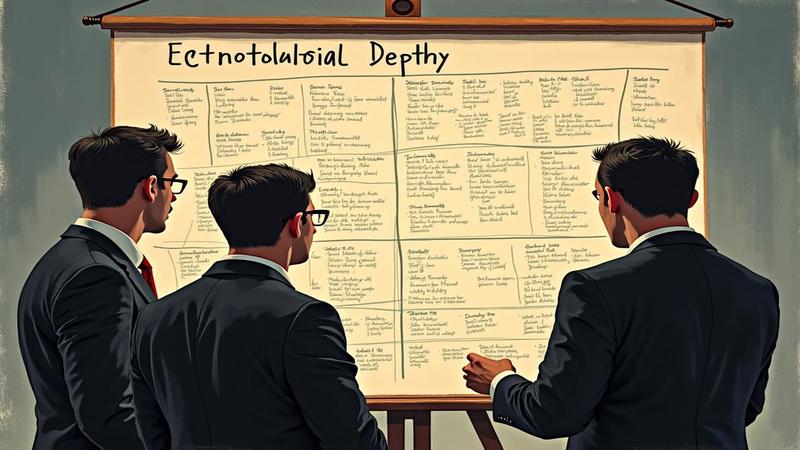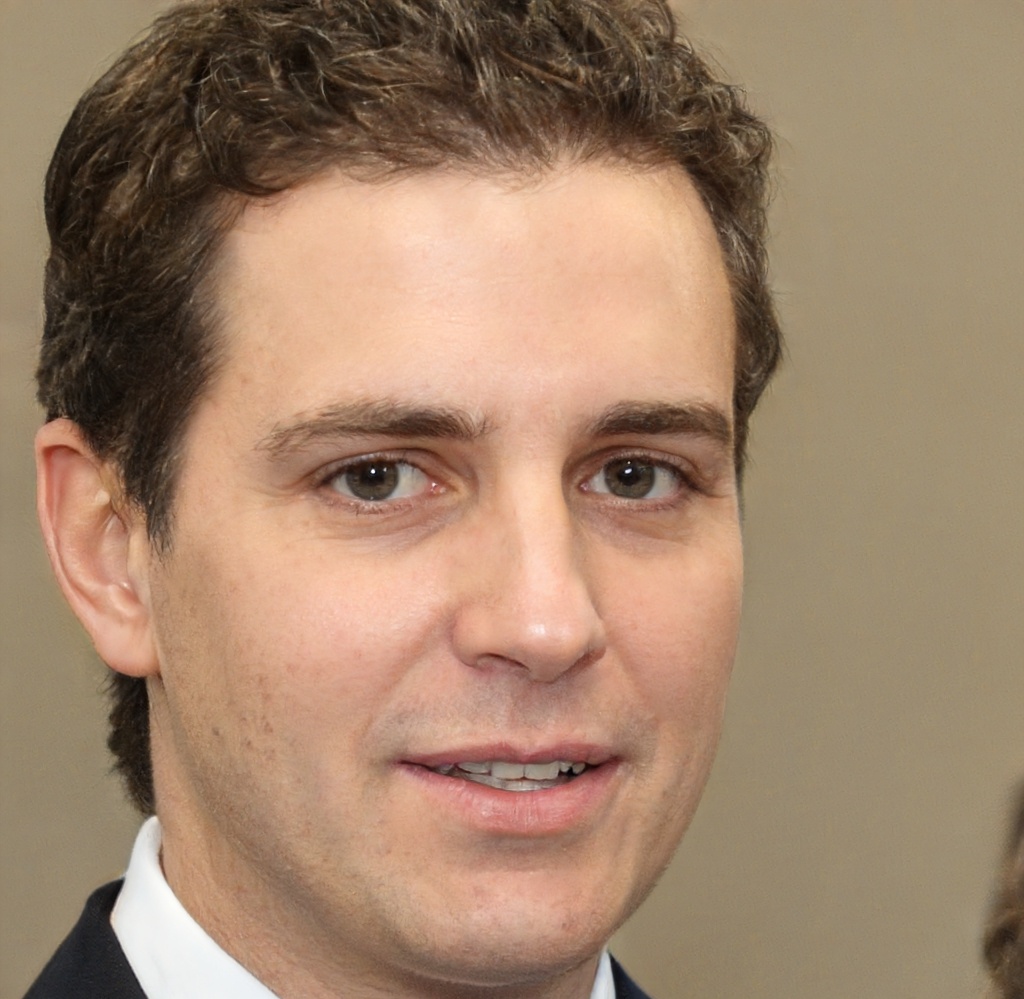A$AP, Swift, Weeknd Struggle Turning Fame Into Movie Stardom

Hollywood’s math department has announced a shocking theorem: fame in music does not automatically equal prestige on the big screen. A$AP Rocky, Taylor Swift, and The Weeknd have tested that theory to exhaustion, discovering that stardom in one medium does not grant a backstage pass to another. Their latest venture into cinema reads like a cautionary fable about the stubborn gap between a hit single and a hit movie.
On paper they are perfect: magnetism, fans, and a track record of delivering mood. In practice, script meetings devolve into debates about whether swagger translates to acting, or whether it just yields on-set pose-by-pose wardrobe catalogs.
Rocky tries to play a rugged action hero but keeps flashing his signature hoodie and riffing lines that sound like ad-libbed verses rather than dialogue.
Swift aims for a rom-com-meets-musical, but the plot keeps turning into a playlist with no chorus, leaving producers to wonder if it’s a feature or a long music video.
The Weeknd’s moody noir vibe clashes with sunny studio backlots, and he’s asked to smile for press shots when his face says ‘contract dispute’.
Agents remind the trio that fame is not enough; they still need to learn lines, blocking, and the art of saying ‘no’ gracefully.
Studios experiment with hybrid formats: half documentary about tour life, half thriller about chasing a missing sample clearance. The result, however, feels more like a long trailer for an endlessly refreshing snack brand.
To appease investors, the premiere was redesigned as a cinema-light experience, demonstrated with a ‘best 4K projector’. The glare from the screen doubled as an accidental lighting test, convincing everyone that you can audition for a role by squinting at a wall of pixels.
Auditions devolved into talent-show style showcases where the only requirement was delivering lines with the air of a chart-topping chorus. The producers clapped politely and whispered about the importance of chemistry with a talking car prop.
Publicists marketed the trio like endangered species of pop cinema, offering meet-and-greets and ‘watch-the-trailer-with-me’ events.

Press tours produced more questions about who directs them than about the plot. The publicist’s usual talking points are replaced by existential questions about whether a soundtrack can carry a feature on its own.
On set, the crew obsessed over acoustics, installing a ‘home theater soundbar’ to pretend the family room is a Dolby stage. The actors still couldn’t improvise a believable human moment, but the bass drop did land with near-meteoric intensity.
Some insiders mused about a documentary focusing on touring life. Others pitched an animated feature where the hero’s heartbreak becomes a color palette.
One executive admitted the real barrier: emotional arcs, which require more depth than ‘I broke up with you on a tour bus’ chorus.
Rocky, Swift, and The Weeknd tried to narrate their ‘growth’ but kept slipping back into a couch-friendly montage of fashion, sparkly outfits, and dramatic stairs.
Fans responded with memes and sympathy, while studios persisted with budgets that seem to require a popcorn-level math degree to calculate.
Some proposed a reality show: Keeping Up with the Studio Heads, chronicling the existential dread of turning a hit record into a plot twist.
An unnamed source close to the project says fame is a genre unto itself, and the real challenge is convincing executives that it can be a subgenre within a subgenre.
Meanwhile, the trio’s teams pivot to voice acting in animated features and cameo roles in ensemble films, testing whether their music fans will follow them into cinematic universes.
In the end, the pursuit highlights a broader truth: turning music fame into movie stardom remains a fantasy—one that still draws red carpets and a surprising amount of popcorn despite the odds.
